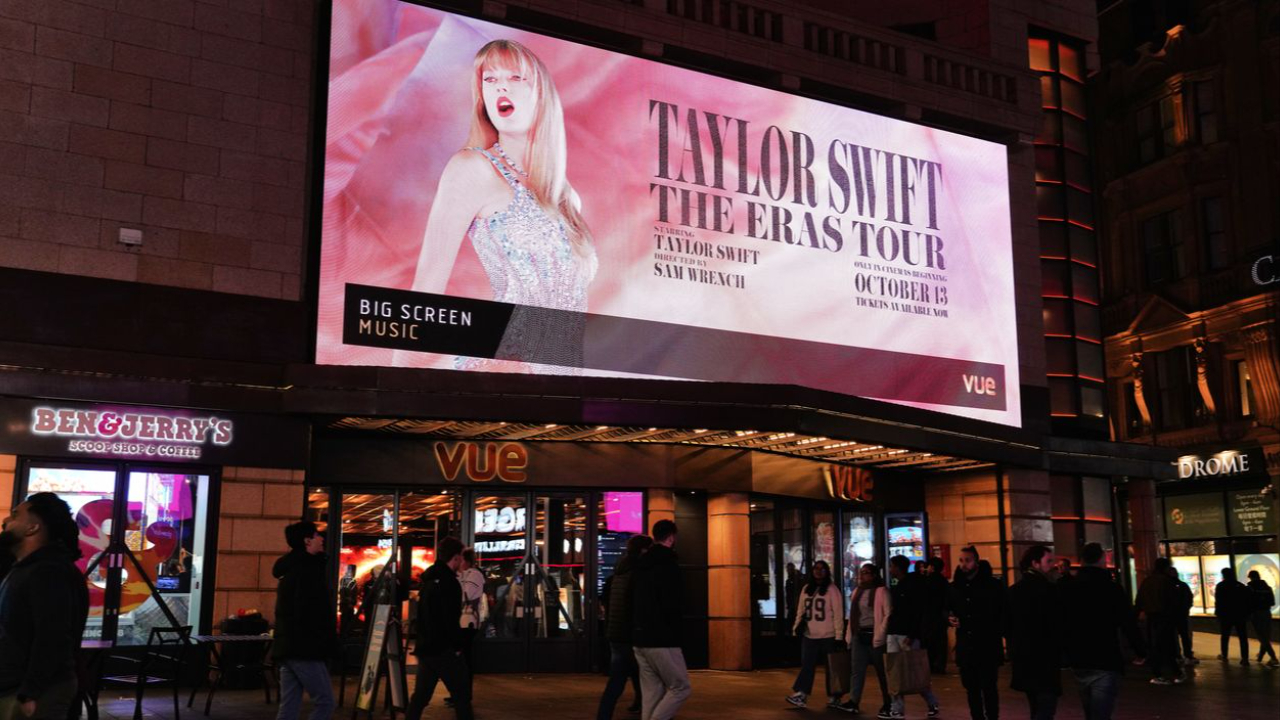Social media, defamation and the ramifications for online businesses
Jul 07, 2023
Social media has created an ever-growing possibility of defamation cases being instigated against online business owners and content creators.
Despite this, I don't hear a lot of people speaking about it.
Let's change that.
But before we do, please note; I'm not a defamation lawyer and I'm certainly not qualified to speak about defamation law across the myriad countries we represent in the School of Visibility community.
Therefore, what follows is not legal advice. It's intended to prompt you to consider how the issue of defamation might be relevant to your own small business. If the article raises any concerns for you, it's critical that you consult with a solicitor or attorney in the legal jurisdiction in which you live and work.
Ok, now we can dive in.
What is defamation law?
Defamation is the area of law related to reputation (individual reputations and organisational reputations).
Broadly, it relates to something that:
- has been stated publicly about a person or organisation,
- in a way that enables that person or organisation to be identified,
- where the statement is both false and harmful to the person or organisation being spoken about.
NB: The ways in which those elements are interpreted, the defences you can invoke, and who carries the burden of proof, differs across the English speaking world, so it's important to understand the nuances in your own jurisdiction. Here are useful starting points vis-a-vis defamation law in Australia (colloquially known as the 'defamation capital of the world'), Canada, New Zealand, England, and the United States.
The sheer number of people on social media, global events like the pandemic, the rise of far-right extremism, and the spread of fake news, have all contributed to an environment which is rife for defamatory statements to be made.
Defamation law has always been focused on things that have been said in the public domain; things that have been published. And whilst in the past, people might have expressed opinions in more local settings to their friends, at parties, or with their neighbours, they're now posting their thoughts online.
And that brings their comments within the ambit of defamation law.
Recently, for example, a couple in Australia won a defamation case against a woman for what she said about them in a Facebook group of about 4,900 people.
The comment falsely accused them being pedophiles and was up for 90 minutes before being taken down.
The woman was ordered to pay $279,000 in damages. (It's not clear from the article if legal costs were awarded separately, but given that defamation cases are notoriously expensive to bring, the financial implications are very serious.)
So, if you were thinking that defamation cases that are relevant only to the Prince Harrys and Meghan Markles of the world, think again.
In the same article, the journalists note that cases of regular people bringing defamation cases in Australia are on the rise. They quote Senior law lecturer at the University of Technology Sydney Dr Sacha Molitorisz; "You're potentially making yourself vulnerable to a defamation lawsuit for anything that you put online, anything on Facebook, on Tik Tok, on any social media platform or even email."
This useful plain English advice provided by Melbourne law firm Gordon Legal lays out what this means for small businesses with social media pages;
As the administrator of a social media webpage, you may still be liable for posts uploaded onto your webpage by third parties. If you are notified of the offending content and fail to remove it you may be found liable as if you had published the information yourself.
This means that if your friend posts an offensive or defamatory comment on your Facebook post and another friend (or any other person) makes you aware of the comment and you fail to remove it, you may be considered a publisher for the purposes of a defamation action.
Questions to consider
So, as a small business owner using social media as part of your visibility strategy, here are a series of questions you might ask yourself:
- Have I familiarised myself with what is considered defamatory in my jurisdiction?
- Are people using my social page in a way that might be considered defamatory?
- Have I set clear guidelines in my groups or on my pages, around the kind of behaviour that is and isn't acceptable and about how we communicate in this space?
- Am I actively deleting posts which might be considered defamatory?
Now that you've considered other people's behaviour on your pages and in your groups, it's equally important to reflect on your own behaviour and the content you're posting on socials. The questions to consider include:
- Am I showing up on someone else's platform in a defamatory way?
- If I'm speaking about another person or organisation, am I doing so from a factual place, or am I sharing any old - potentially harmful - piece of information about them, without really knowing the truth?
And finally,
- Am I creating content that might be considered defamatory?
Would this count as defamatory?
One of the really good ways to get traction online is to be slightly controversial. To speak up about things that other people aren't speaking up about, or to present opinions that aren't the norm within your industry, or to speak about things that other people are thinking about, but just aren't saying. Naturally, there are a million ways to do that without coming anywhere near the realm of defamation.
Nevertheless, a trend has developed over the last few years on socials, around taking somebody else's social post, cutting it into your video and then criticising it.
I'm not personally aware if defamation cases have resulted, but I can see that there is, at the very least, the potential for those kinds of posts and those kinds of videos to fall within the ambit of defamation.
Obviously it all depends on the specificity of what is said, where the criticism is directed, and how it's expressed.
Analysing information, referencing data, talking to ideas, as opposed to talking about people, is where you want to spend time.
Those posts and videos work well because they create a sense of conversation of dialogue between two people. However, in an environment where call out culture is rampant, those kinds of posts can also create a kind of mob mentality being directed toward another person. I've personally witnessed that more than once and have never seen anybody question whether there are any defamatory implications to such an approach.
The online entrepreneurial industry is building itself on public forums. It's a relatively new industry. It doesn't have many guidelines or regulations around the way it operates and it operates globally. These factors make it incredibly unique. It's necessarily pushing boundaries around how we interact, how we think about business, and how we establish industry norms.
That shouldn't leave people thinking there are no consequences to their words and actions. There clearly are and it's important that we all come to grips with how to manage that within our own businesses.
A final note about fake news and conspiracy theories
Given the significant numbers of people in the online industry that I've seen fall prey to far-right and conspiracy theorists over the last decade, it feels important to end with a note about the implications of such influences vis-a-vis defamation law.
Remember, broadly speaking the elements of a defamation case are:
- that something has been stated publicly in a way that means that the person or organisation being spoken about is identifiable, and
- the statement is both false and harmful.
In a world where fake news is rampant, and where people's capacity to discern truth from lies seems to be eroding by the day, you can see how quickly one might fall into a rabbit hole of making defamatory statements without even realising it.
There are untold numbers of conversations happening online at this very moment that are in no way grounded in truth. And yet, the people having said discussions clearly don't think what they're saying is untrue.
They're certainly aware that their 'truth' is not consistent with the mainstream. They believe, in fact, that this is what makes their conversation true. Unfortunately, the correlation between such 'truths' and reality is slim at best.
Legal systems, on the other hand, are interested in truths that are verifiable.
So I can see a day where a defendant in a defamation case may seek to rely on conspiracy based 'facts' to defend statements they've made about others. And I expect this won't bode well when they come up against the court's idea of what a fact looks like. (Something that will only fuel their conspiracy mindset even further, I'm sure.)
So, to avoid all of that, it's critical that you consider the kinds of groups you belong to and the kinds of statements that are considered acceptable, or even encouraged, in such environments.
Inflammatory environments can normalise a way of communicating that's both harmful in and of itself, and has very serious legal and financial consequences. Continuing to build your capacity for critical thinking will be critical to discerning which environments are in your best interests and which are merely focused on manipulation and disinformation.
Time for a rethink?
Social media consciously creates a sense of community where you think that what you're saying online is merely you having a conversation with friends or peers or people with like-minded interests. And because it's virtual, it can also give you the sense that there aren't any real world implications to the things you say.
Looking through the lens of defamation, this approach feels naive.
The lens that will be helpful moving forward is to remember that everything you share online has the potential to be classified as 'published' content and treated accordingly by the legal system.
My hope, in penning this article, is that it will encourage everyone to act with greater discernment vis-a-vis what they say online. I certainly intend to do so myself. I hope that it can remind us all to be thoughtful about how we express ourselves and aware of the environments in which we're choosing to do so.
I want to be sure that if you're running an online group or a social page, you're equipped to manage that well. That you understand the legal ramifications associated with hosting that page and that you set clear boundaries from the beginning - or from this point forward - so you don't end up in a defamatory pickle down the track.





